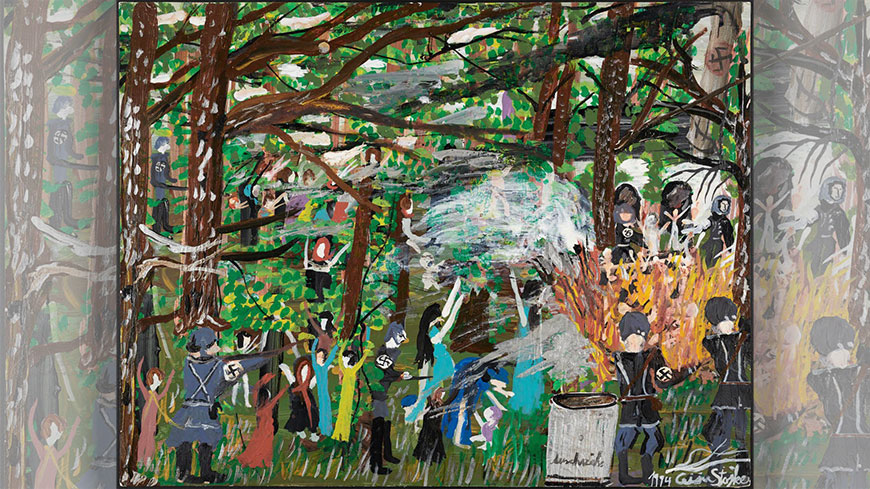Ahead of European Roma Holocaust Memorial Day on 2 August, the Council of Europe Commissioner for Human Rights, Dunja Mijatović, has called on all states to remember the hundreds of thousands of Roma lives lost during World War II and to ensure that Roma history is kept alive to shape the Europe we live in today and in the years to come.
“Every 2 August reminds us of the dark times of death, deportation and persecution experienced by Roma. Almost eight decades on, knowledge of the history and culture of Roma remains marginal among European societies. The lack of education about the past and present of Roma has led to a situation where they are still victims of hatred, violence, and pervasive discrimination on a daily basis.
In several Council of Europe member states, many Roma still lack access to basic services such as healthcare, adequate housing and education. This has been brought to the fore in recent times, including in the context of the war in Ukraine and the COVID-19 pandemic.
Recognising Roma history must serve as a building block for member states to design policies and adequately implement them to overcome antigypsyism, social exclusion, segregation and marginalisation of Roma. Member states have different tools at their disposal to make sure that the memory of those lost remains and is converted into concrete measures of protection for the human rights of Roma.
In my message to the Final Conference of the CHACHIPEN Project "History, Memory and Justice for Roma in Europe” and ahead of International Roma Day earlier this year, I stressed the importance of teaching history as one of the tools to prevent the reoccurrence of human rights violations.
Other tools include investing in memorialisation, including by building monuments and memorial sites dedicated to Roma victims of the Holocaust, setting up truth and reconciliation commissions, empowering Roma activists to take part in transitional justice processes, and acknowledging antigypsyism as a specific form of racism targeting Roma.
The commemoration of 2 August must serve as a reminder for state authorities to act with resolve to this end, and to build a common narrative of respect for our shared heritage and cultural diversity for present and future generations.”
European Roma Holocaust Memorial Day - Statement by Secretary General Marija Pejčinović Burić


